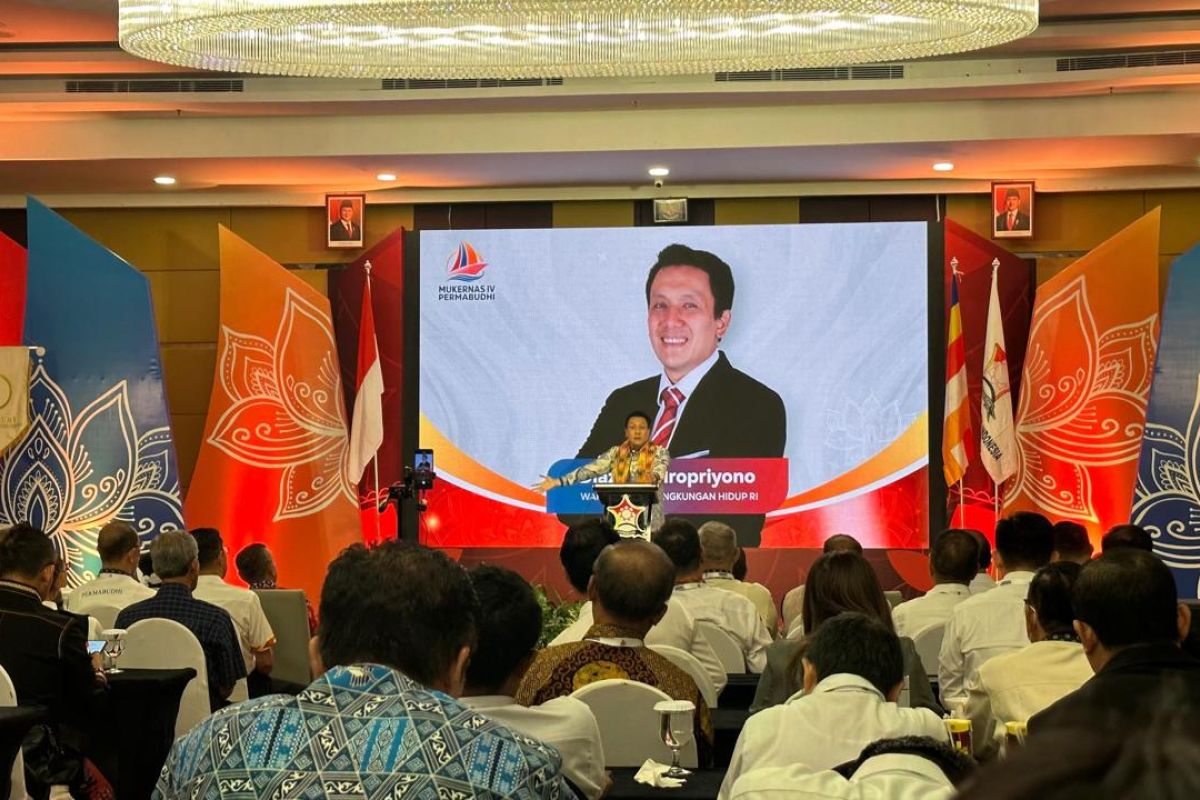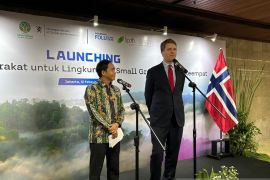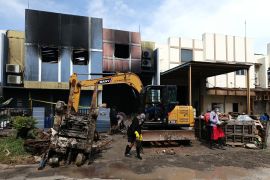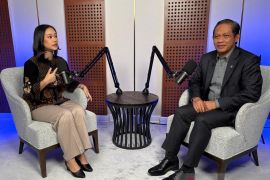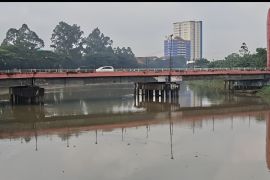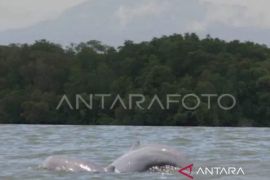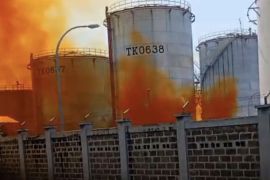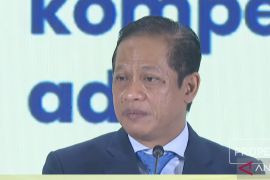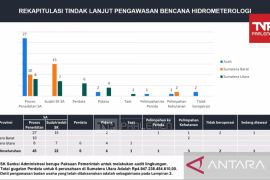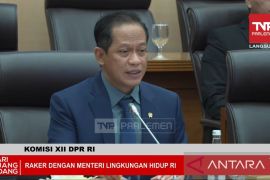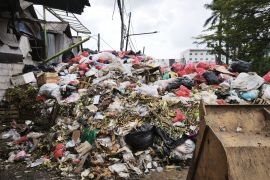"Heat in Jakarta, Semarang, and Makassar is no longer a mere natural phenomenon, as it is the result of climate-related problems caused by human activities. We all share responsibility for this matter," he noted in a statement cited here on Monday.
Speaking at the Permabudhi National Working Conference 2025 in Makassar City, South Sulawesi, on Sunday (June 29), Hendropriyono expressed confidence that the Eco-Dhamma movement could play a significant role in addressing the climate crisis.
He attributed the crisis to various human activities, including electricity consumption, construction projects, transportation, and poor waste management, all of which have increased greenhouse gas emissions.
In the presence of Permabudhi representatives from 37 provinces, he emphasized that the Ministry of Environment would fully support Eco-Dhamma's implementation, including by providing mentoring on waste management techniques.
"We are also open to facilitating the establishment of waste banks and cooperating with relevant local institutions," he affirmed.
Meanwhile, Permabudhi Chairman Philip K. Widjaja underscored that Eco-Dhamma is designed to align Buddhist teachings with the spirit of environmental preservation.
He described the newly launched Buddhist movement as a spiritual initiative to encourage people to promote and implement eco-friendly behavior and practices.
"Our ecological concept seamlessly aligns with Buddhist teachings. Our objective is to harmonize physical and spiritual development," he stated.
Since its inception in 2019, the Buddhist association has contributed to achieving the Sustainable Development Goals (SDGs) through numerous activities, including developing eco-friendly temples, processing organic waste, and participating in the Interfaith Forest Initiative.
Related news: From herbs to mangroves: Eco-guardians plant seeds of sustainability
Related news: Police, government unite for environmental preservation efforts
Related news: Ministry partakes in planting 50,600 trees at Islamic schools
Translator: Prisa C, Tegar Nurfitra
Editor: Azis Kurmala
Copyright © ANTARA 2025
